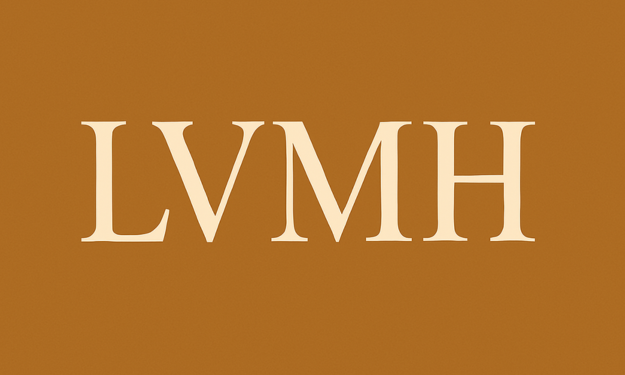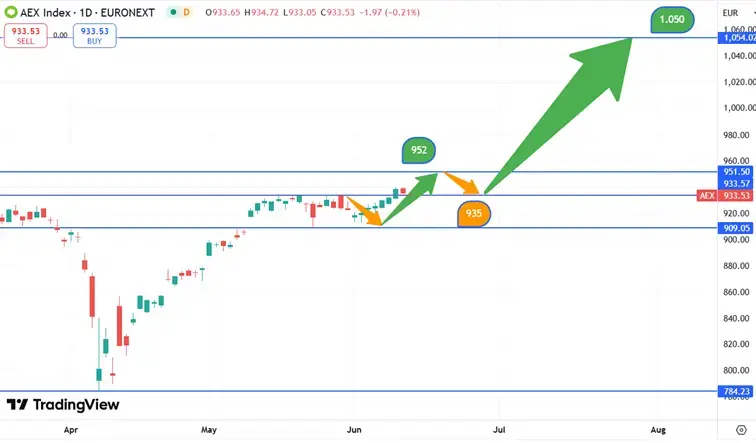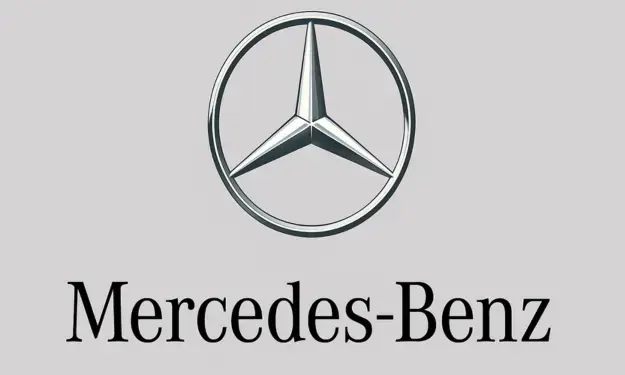LVHM's influence on the EURO STOXX 50
LVMH has been part of the EURO STOXX 50 index since its inception and had an index weighting of 4.70% in December 2024. This makes it among the most influential companies within the composition. Curious about the full list of companies in the EURO STOXX 50? Read all about it here. LVMH's share price is influenced by global trends in consumer behavior, currency movements and the performance of individual brands.
The stock is seen by many investors as a defensive growth position thanks to its consistent earnings growth, strong brand loyalty and a relatively stable customer segment. As such, LVMH often serves as a cornerstone in European luxury portfolios.
Investment Analysis & Outlook
Below is LVMH's share price performance compared to the EURO STOXX 50 over the past five years. While the index posted a return of +61.91%, LVMH rose +23.13%. Despite temporary headwinds in the Chinese market and higher production costs, investor confidence remained largely intact.
Since the beginning of 2025, LVMH's share price has fallen sharply. Compared to the beginning of the year, the stock lost 26% and compared to June 2024 even nearly 40%. This decline is due to several internal and external factors.
Main causes of the share price decline
-
Adverse quarterly results: In the first quarter of 2025, sales fell 3% to €20.3 billion. The Fashion & Leather Goods division in particular performed weakly with a 5% decline, while analysts had expected slight growth.
-
Weak demand in Asia and the US: In Asia (excluding Japan), sales fell 11% due to lower spending in China. Also in the US, sales fell 3%. Only Europe showed a slight increase of 2%.
-
Geopolitical pressure: New U.S. import duties on European luxury products depressed profitability and reduced demand in the U.S. market.
-
Internal problems at Moët Hennessy: The beverage division saw sales fall 9%. In May 2025, LVMH announced a reorganization involving 1,200 job cuts.
The combination of disappointing figures, reduced demand in key markets, geopolitical tensions and internal restructuring led to the sharp drop in share price in 2025. Although the company continues to invest in brand strengthening and market expansion, investors remain expectant given current economic and geopolitical uncertainties.
LVMH remains committed to international growth, digital innovation and sustainability. Expansion of flagship stores in New York, Dubai and Tokyo is underway. In addition, the company is working to reduce its carbon footprint and increase transparency in its supply chain.

News & updates
In spring 2025, LVMH launched a new collaboration between Pharrell Williams and Louis Vuitton, which generated media attention worldwide and significantly increased sales of men's collections. It also announced that Tiffany & Co. sales in Q1 2025 increased 18% since its rebranding.
Furthermore, LVMH will open a new innovation center in France in 2026 focused on sustainable materials, circular manufacturing and AI applications in the customer experience. In doing so, the company aims to maintain its competitive edge and cement its position as a pioneer in luxury technology.
For more information about LVMH, please visit: www.lvmh.com
Disclaimer: Investing involves risk. Our analysts are not financial advisors. Always consult an advisor when making financial decisions. The information and tips provided on this website are based on our analysts' own insights and experiences. They are therefore for educational purposes only.

.svg)

.webp)

.webp)
.webp)




